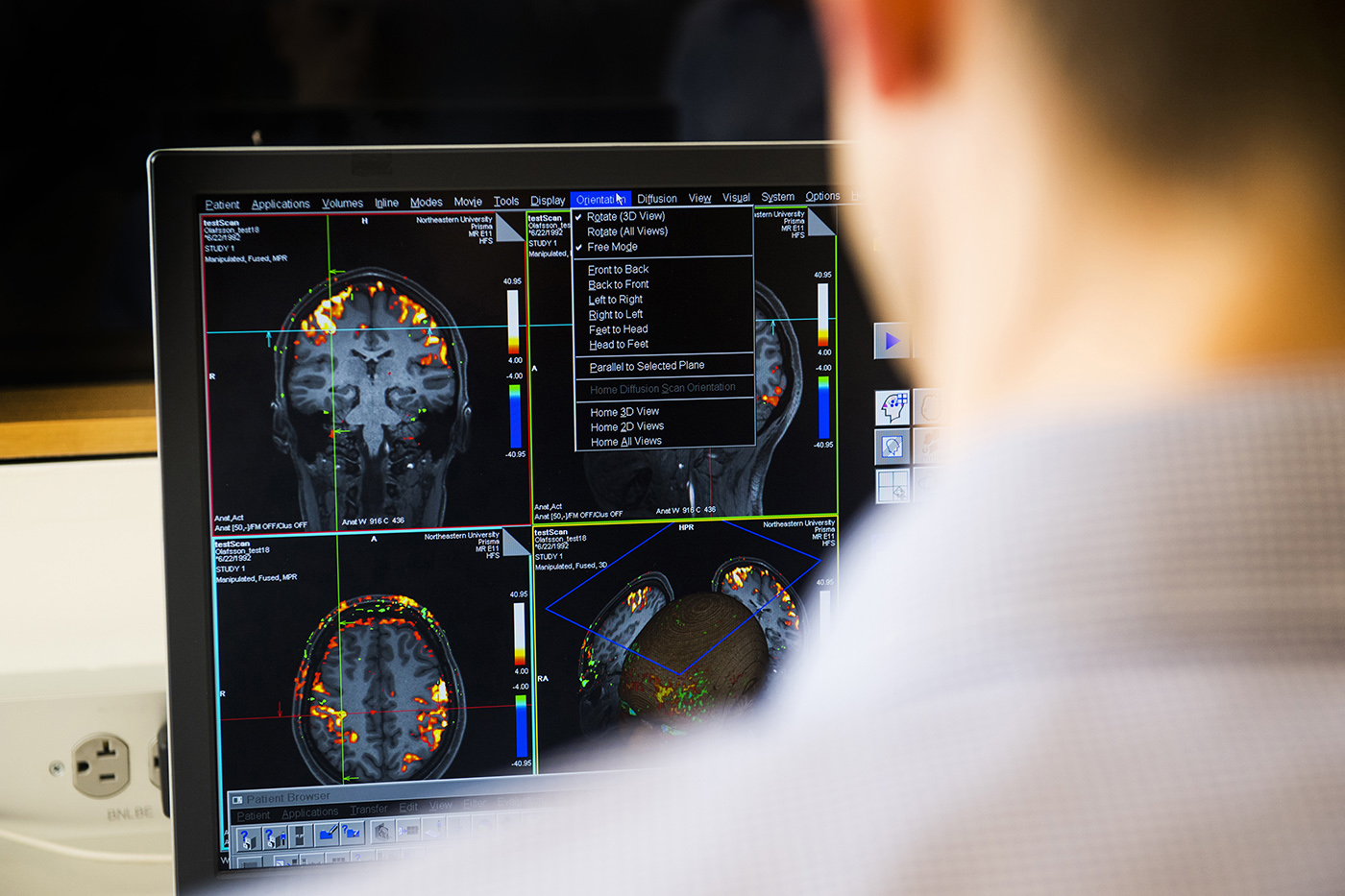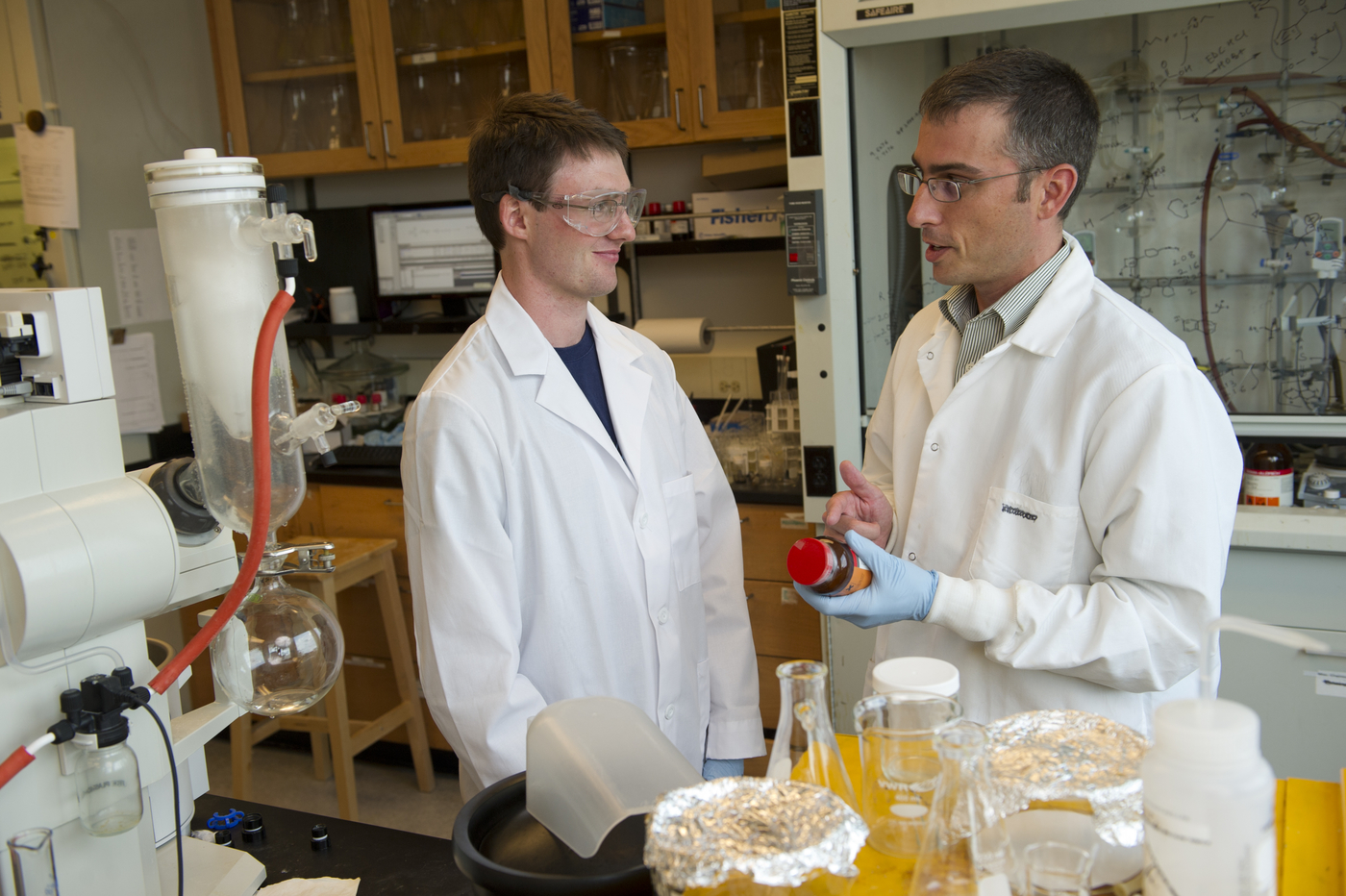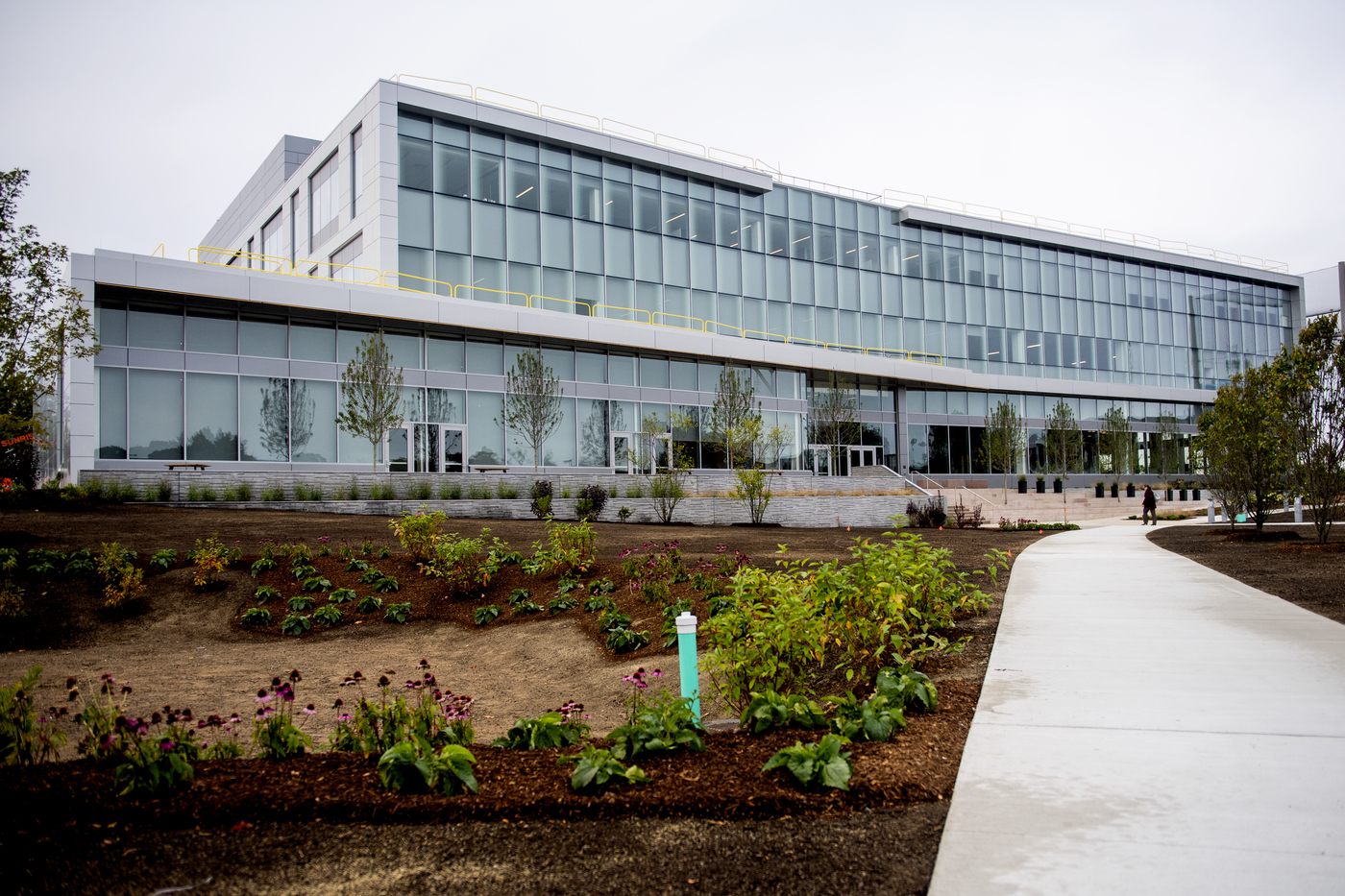
Science, Our Endless Frontier
The big questions of today require more than the sum total of our knowledge and ingenuity—they demand data, and lots of it. By harnessing powerful tools and algorithms, researchers can decode scientific complexities faster and at greater scales than ever before. A new, data-driven frontier has emerged, empowering scientists to transform our understanding of the world.
And with 37 interdisciplinary research centers and institutes, 15 of which are housed in the College of Science, Northeastern stands at the edge of the frontier. Come be a part of the next era of discovery.















Sort By Research Area
Modern algebra has its roots in the mathematics of the ancient world, arising out of the basic problem of solving equations. Following an explosive development in the twentieth century, it is now a vibrant, multi-faceted and wide-ranging branch of mathematics, having ties with almost every field of mathematics and computer science. The interests of the algebra group at Northeastern include algebraic geometry, commutative algebra, representation theory, homological algebra, and quantum groups, with connections to combinatorics, singularities, Lie groups, topology, and physics.
Algebraic geometry generally uses tools from algebra to study objects called algebraic varieties that are solution sets to algebraic equations
Analysis and Geometry falls under the field of mathematical analysis, which is a broad branch of mathematics that encompasses many fields, generally sharing a basis in calculus. Historically, analysis has played a crucial role in solving problems in physics and engineering; recent years have seen surprising applications to solve problems in other mathematical fields like the Poincaré Conjecture in topology.
Mathematics is weaved into every fiber of our lives and scientific endeavors. Our Applied Mathematics faculty at Northeastern has a very broad span ranging from Machine Learning, Topological Data Analysis and Network Science to Probability & Statistics, Optimization and Mathematical Biology.
Perhaps the fastest growing area of modern mathematics, Combinatorics and Discrete Math has a wealth of real-world applications, especially in computer science, which have greatly contributed to its rapid growth.







In the News




